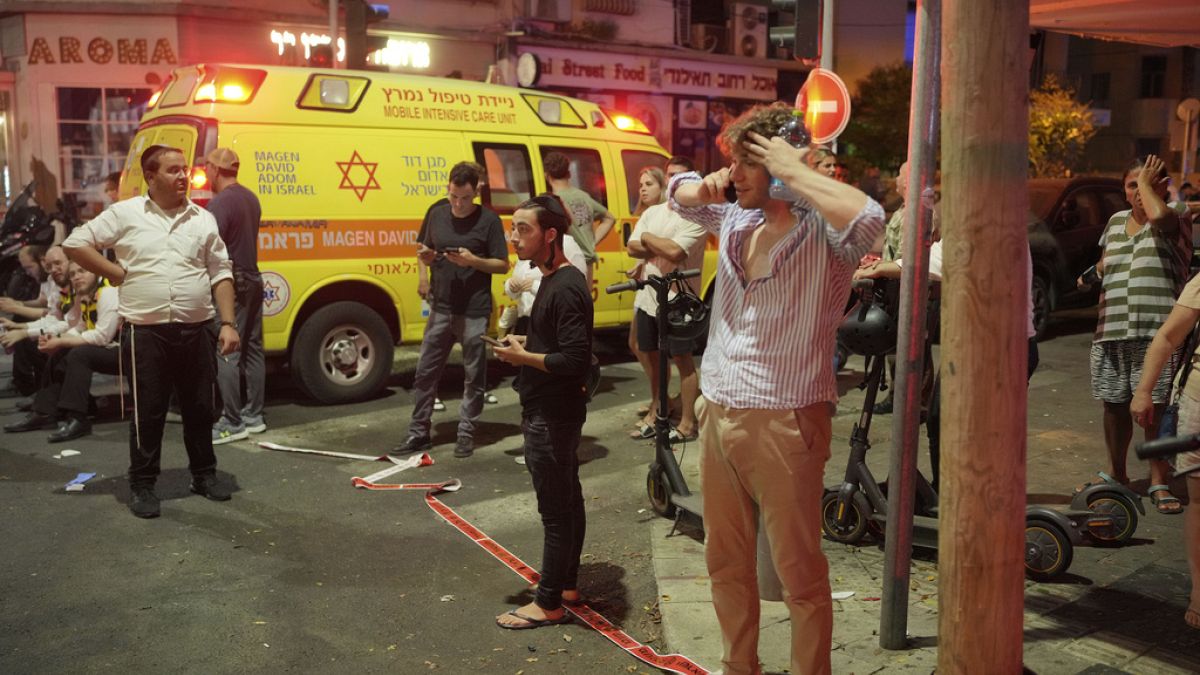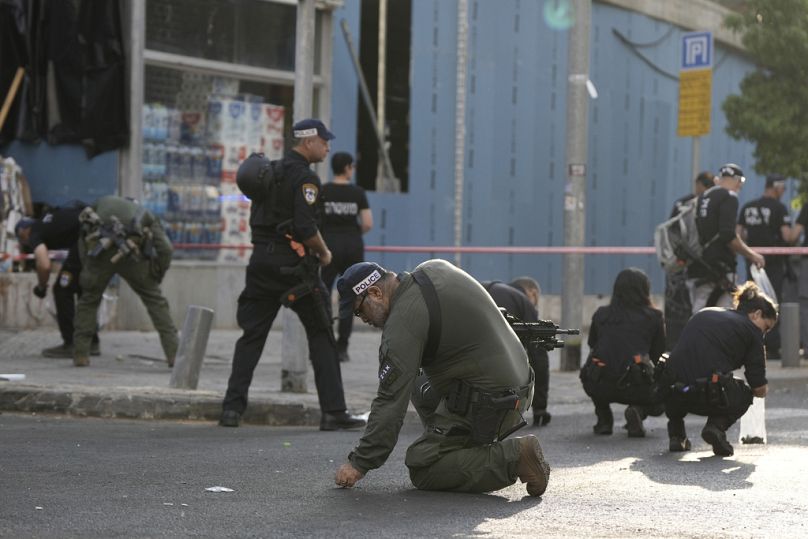
Yemen’s Houthi rebels have claimed responsibility for an early morning drone strike that hit a part of central Tel Aviv near the United States Embassy, leaving at least 10 injured and one dead.
The aerial strike rumbled through the streets causing shards of shrapnel to rain down and spreading shards of glass over a large radius. The Houthis have repeatedly launched drones and missiles toward Israel throughout the nine-month-long war, in solidarity with the Palestinian people and against Israel.
But, until Friday, all were intercepted by either Israel or Western allies with forces stationed in the region.
Yahya Sare’e, the Houthis’ spokesperson, said in a statement published on the social media platform X – previously Twitter – that the strike was made in retaliation to the war underway in Gaza between Israel and Hamas and had hit one of many of the group’s targets.
The Houthis claimed that their newest drones could bypass Israel’s aerial defence systems.
However, a spokesperson for Israel’s military said on Friday that the explosive-laden drone had been identified on Thursday and attributed the hit to “human error.” The military’s assessment of aerial threats has not changed because, the military said, Israel’s adversaries have attempted such strikes for months.
“It was a terror attack that was targeted to kill civilians in Israel,” the Israeli spokesperson said.
The Houthi strike hit hours after Israel’s military confirmed one of its airstrikes had killed a Hezbollah commander and other militants in southern Lebanon. Israel has so far not made attacks on the Houthis, allowing its allies instead to take the lead as it focuses its efforts on the war in Gaza and ongoing fighting with Lebanon’s Hezbollah militant group.
It comes as international mediators continue to hold out hope for a cease-fire agreement, pushing Israel and Hamas toward a phased deal that would halt fighting and free about 120 hostages held by the militant group in Gaza.

Israel possesses a multilayered aerial defence system, capable of intercepting threats ranging from long-range ballistic missiles to drones and short-range missiles.
While these systems have managed to intercept thousands of projectiles throughout the war, officials warn they are not 100% effective – and the systems appear to have struggled against small and hard-to-detect attack drones.
It was not known which if any, system was deployed on this occasion.
Like Hamas, Hezbollah and the Houthis are backed by Israel’s arch enemy, Iran. Israel for the most part also has avoided a direct confrontation with Iran throughout the war. Iran launched hundreds of drones and missiles at Israel during a single incident in April in response to Israel’s alleged assassination of a pair of Iranian generals in Syria at the time.





